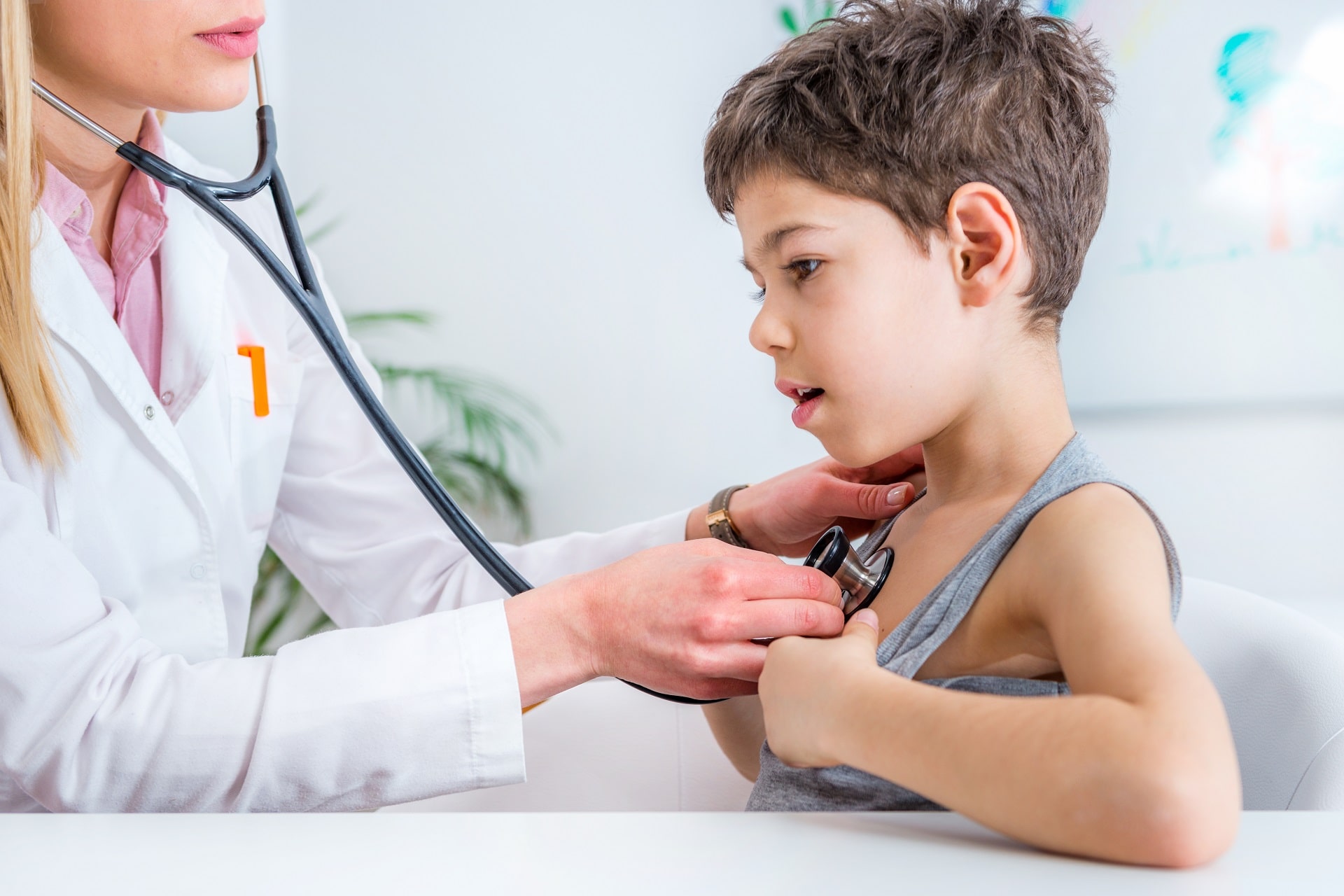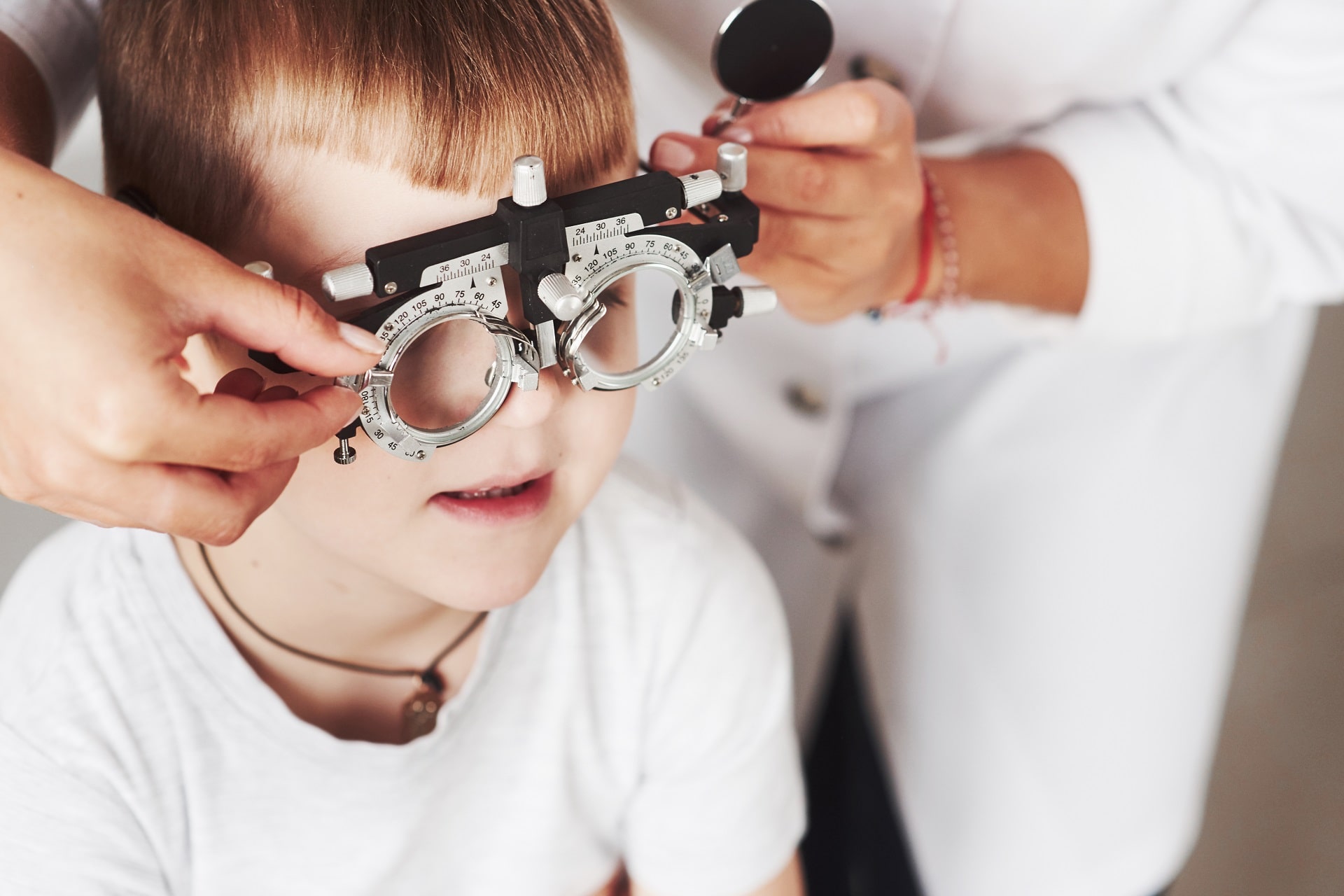Hypogonadism, often referred to as testosterone deficiency, is a condition where the body doesn’t produce enough of the hormone responsible for male development and reproductive function. While it can feel overwhelming at first, the good news is that with the right care and support, it’s manageable—and you’re not alone on this journey.
What Is Hypogonadism?
Hypogonadism occurs when the testes (in men) or ovaries (in women) produce insufficient sex hormones. In men, this typically means low testosterone levels, which can affect everything from energy and mood to muscle mass and fertility. Causes range from genetic conditions and injury to chronic illnesses or certain medications.
Diagnosis and Medical Care
- Blood tests: These measure hormone levels to confirm the diagnosis.
- Imaging or genetic testing: May be used to identify underlying causes.
- Hormone replacement therapy (HRT): Testosterone therapy is the most common treatment for men. It can be delivered via injections, patches, gels, or implants.
Regular follow-ups are essential to monitor hormone levels and adjust treatment as needed.
At-Home Care and Lifestyle Tips
- Take medications as prescribed: Consistency is key for hormone therapy to be effective.
- Stay active: Regular exercise helps maintain muscle mass, bone strength, and mood.
- Eat a balanced diet: Include foods rich in calcium and vitamin D to support bone health.
- Avoid alcohol and tobacco: These can interfere with hormone levels and overall health.
- Track symptoms: Keep a journal of how you’re feeling—physically and emotionally.
Emotional and Mental Health Support
Living with hypogonadism can affect self-esteem and relationships. It’s okay to seek help.
- Talk to a counselor or therapist: Mental health is just as important as physical health.
- Join a support group: Connecting with others who understand can be incredibly validating.
- Communicate openly: Share your experience with trusted loved ones to build support.
When to Call Your Doctor
Reach out to your healthcare provider if you experience:
- Persistent fatigue or weakness
- Mood changes or depression
- Difficulty with sexual function
- Breast tenderness or enlargement
- Vision problems or severe headaches
Final Thought
Hypogonadism may be a lifelong condition, but it doesn’t have to define your life. With the right treatment plan, lifestyle choices, and emotional support, you can feel stronger, more balanced, and in control of your health.




